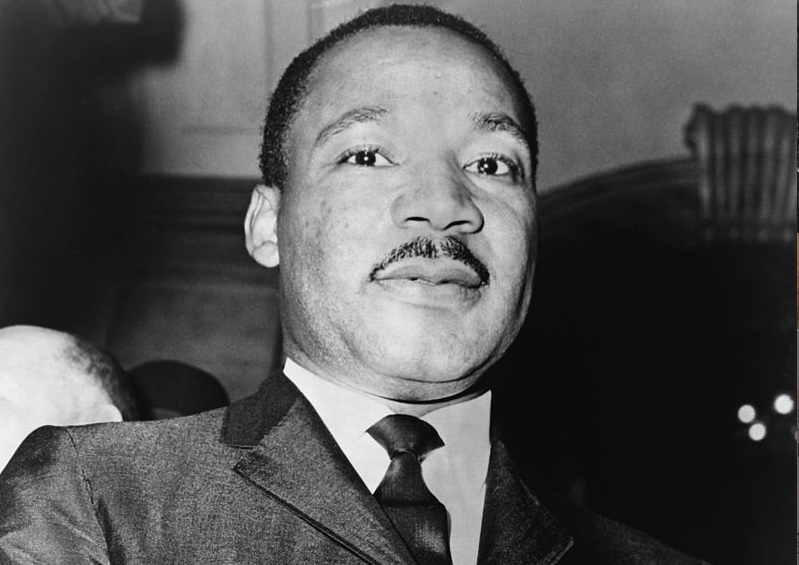These are 10 Surprising and interesting Facts regarding Martin Luther King Jr. Renowned for his unrelenting dedication to nonviolent resistance and his leadership in the Civil Rights Movement, Martin Luther King Jr. is a legend of American history. However, King was a complicated and intriguing person behind the well-known speeches and historical significance. These lesser-known aspects of his life are worth exploring. These ten unexpected and surprising details regarding Martin Luther King Jr are as follows:
1. Name Change
Born in 1929 his original name was Michael King Jr. After a 1934 pilgrimage to Germany, he and his father, Michael King Sr., chose to take on the name Martin Luther. This choice was made as an homage to Martin Luther, a prominent Protestant reformer and well-known German theologian.

2. Early Academic Achievements
King, a gifted student, enrolled in Atlanta’s Morehouse College at the age of 15. His pursuit of a sociology degree only served to highlight his exceptional intelligence. He then studied theology at Pennsylvania’s Crozer Theological Seminary, where he refined his knowledge.
3. Influenced by Mahatma Gandhi
During his seminary education, King was greatly impacted by Mahatma Gandhi’s nonviolent resistance philosophy. King’s beliefs were profoundly impacted by Gandhi’s nonviolent strategy for bringing about social and political transformation. Later, King incorporated these ideas into the civil rights movement, which established peaceful protest as the mainstay of the fight for equality.
4. Marriage to Coretta Scott King
King wed Coretta Scott in 1953, and she was instrumental in advancing his civil rights causes. Coretta, a gifted musician and scholar in her own way, collaborated with King in her fight for equality and justice.

5. Youngest Nobel Peace Prize Recipient
In 1964, Martin Luther King Jr., at the age of 35, was the youngest person to win the Nobel Peace Prize. Given to him in recognition of his extraordinary leadership during the American civil rights struggle and his dedication to peaceful protest, the award cemented his reputation as a worldwide icon of justice and peace.

6. Historic “I Have a Dream” Speech
One of King’s most unforgettable moments occurred during the Washington March for Jobs and Freedom on August 28, 1963. He articulated his goal for racial harmony and equality in his famous “I Have a Dream” speech, which was given in front of the Lincoln Memorial. The speech is still seen as a turning point in the struggle against racial injustice.

7. Time Magazine Cover
In 1964, Martin Luther King Jr. made history by being the first African American to appear on the cover of Time magazine. His significant contribution to the civil rights movement was further highlighted by this acknowledgment.
8. Opposition to the Vietnam War
King was a strong vocal opponent of the Vietnam War in addition to his concerns for racial rights. His forthright opposition to the war—a position that his political partners did not always share—showed his dedication to values of justice and peace that transcend national boundaries.

9. Assassination and Legacy
Sadly, on April 4, 1968, in Memphis, Tennessee, King was killed, ending his life tragically. His passing caused a national outcry and had a lasting impact on the civil rights movement. King’s legacy lives on as a testament to bravery, tenacity, and the never-ending fight for equality.
10. Martin Luther King Jr. Day
In 1986, the federal government declared Martin Luther King Jr. Day a federal holiday in honor of the civil rights activist and his commitment to justice and equality. It is observed annually on the third Monday in January and serves as a moving reminder of Dr. King’s lasting influence on both American culture and the worldwide struggle for human rights.
